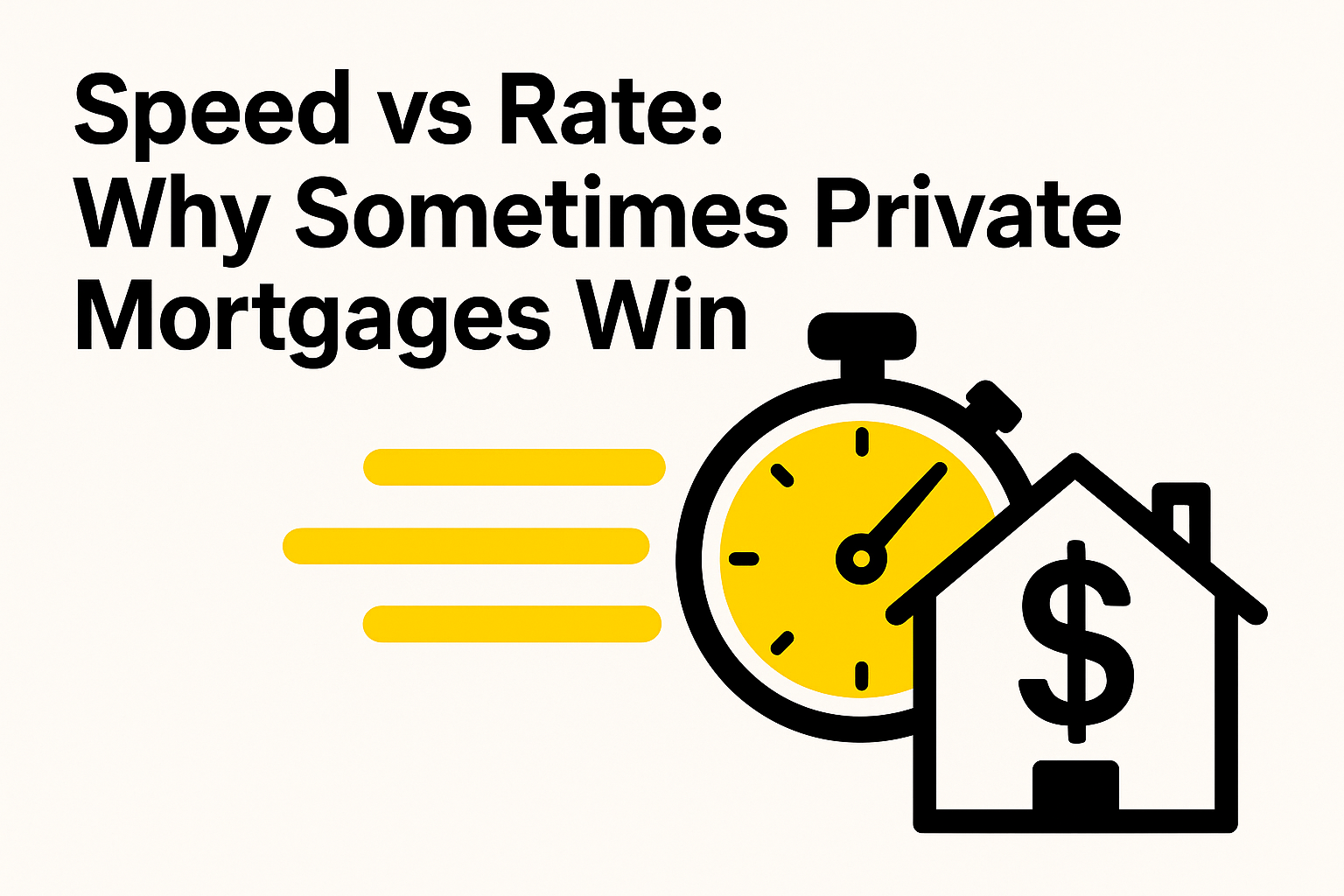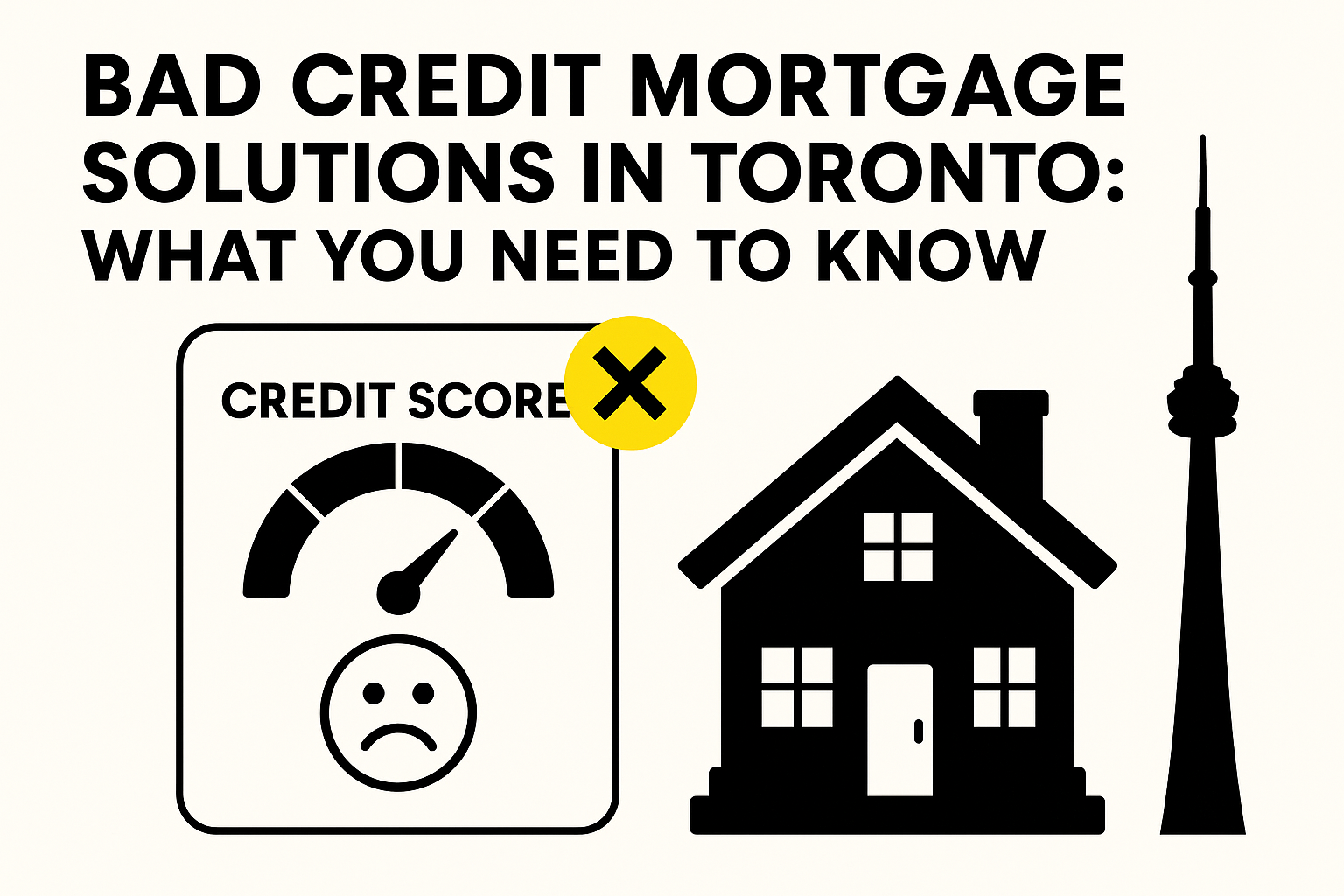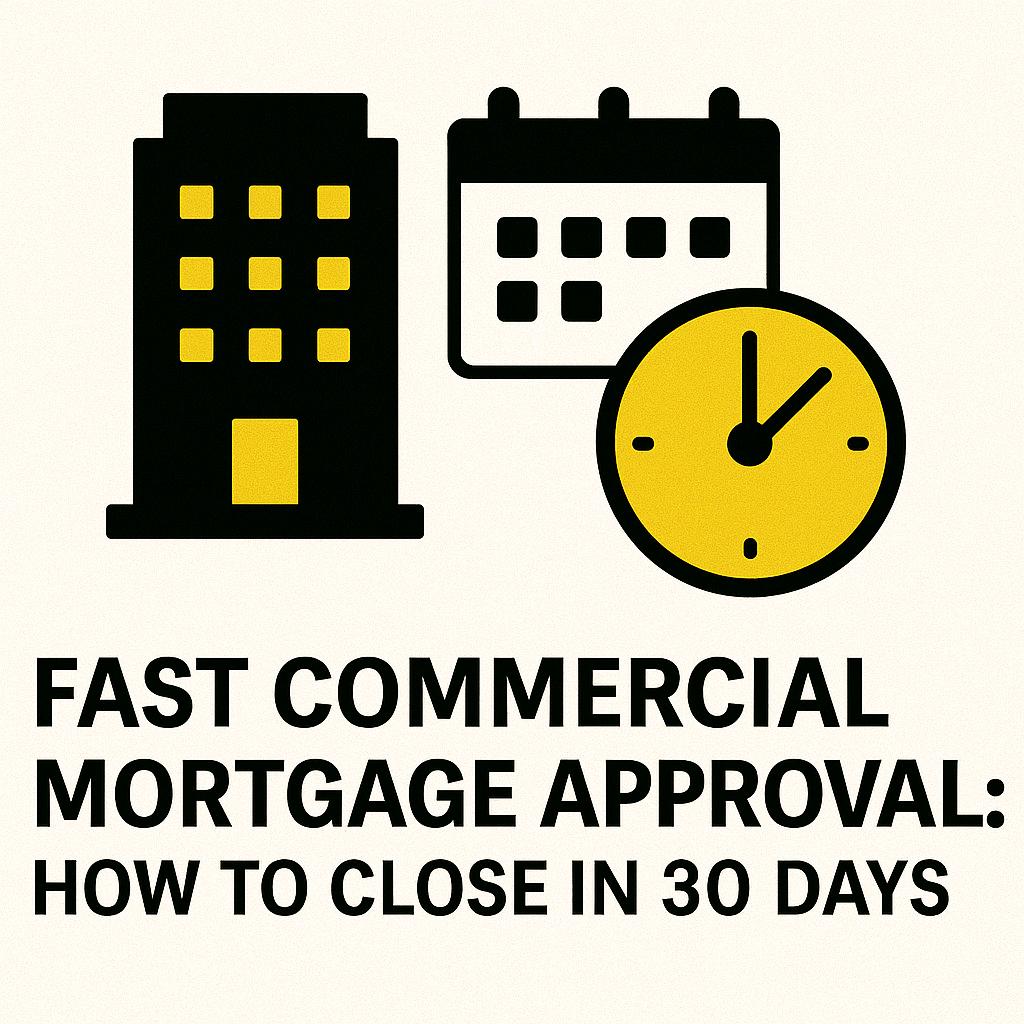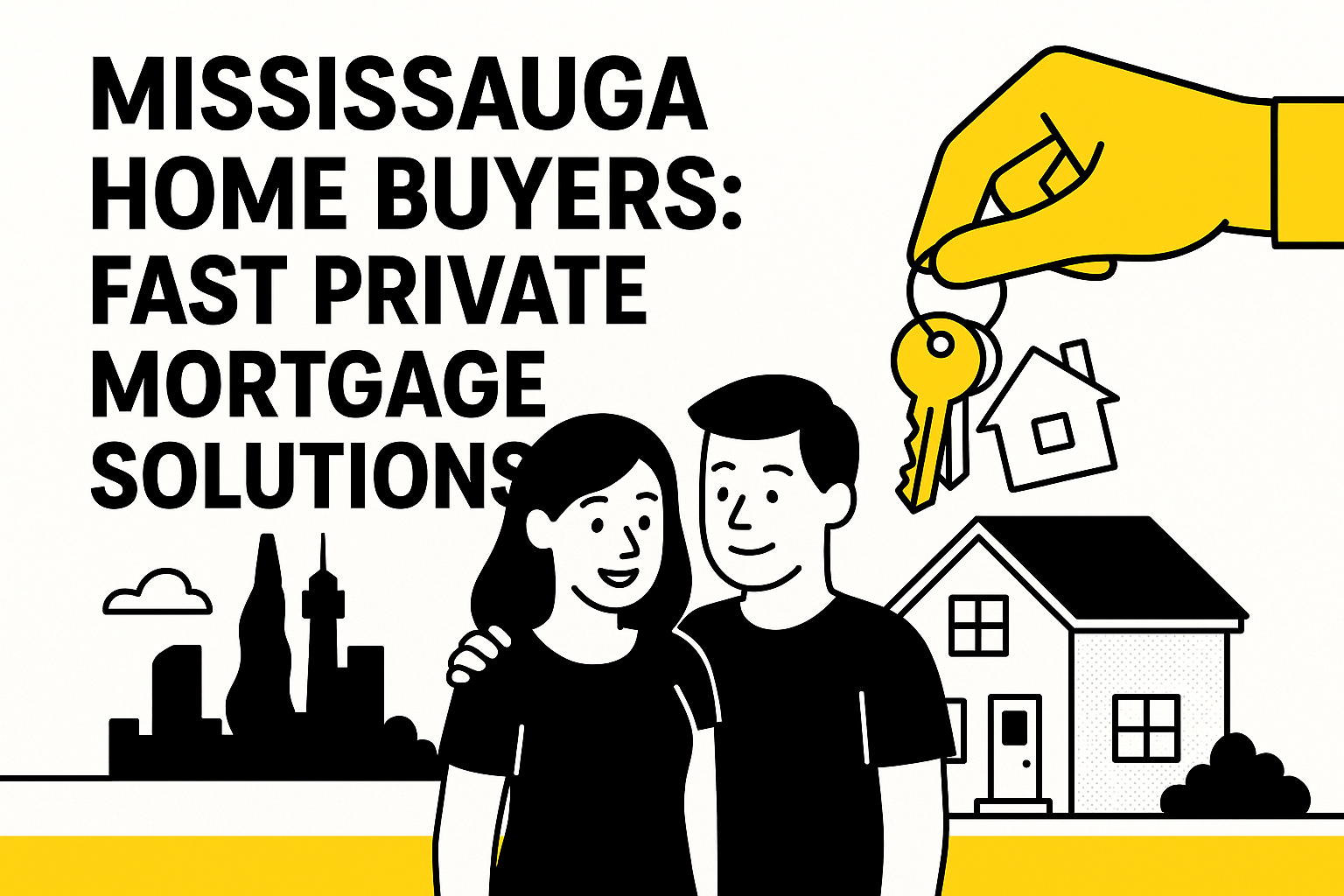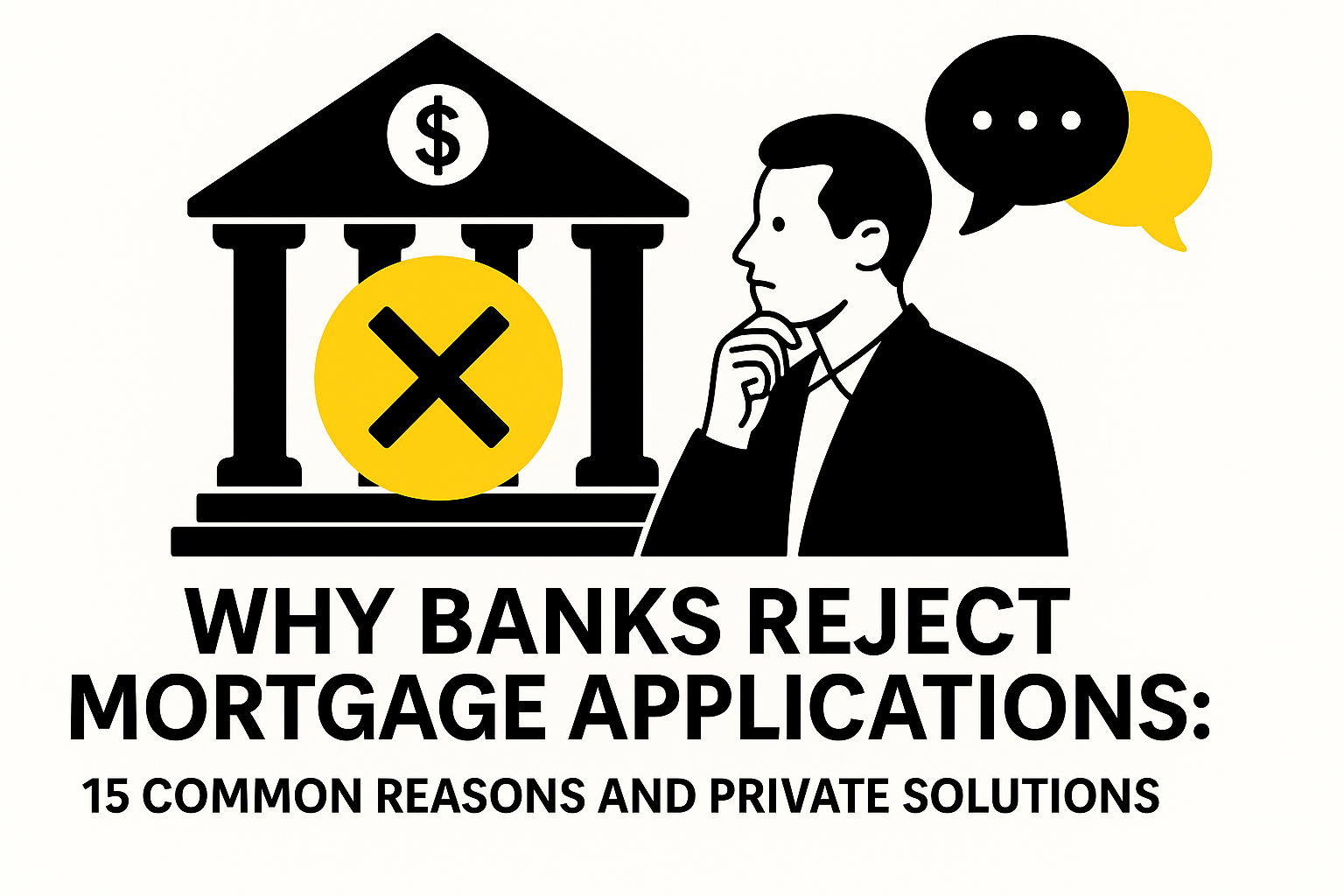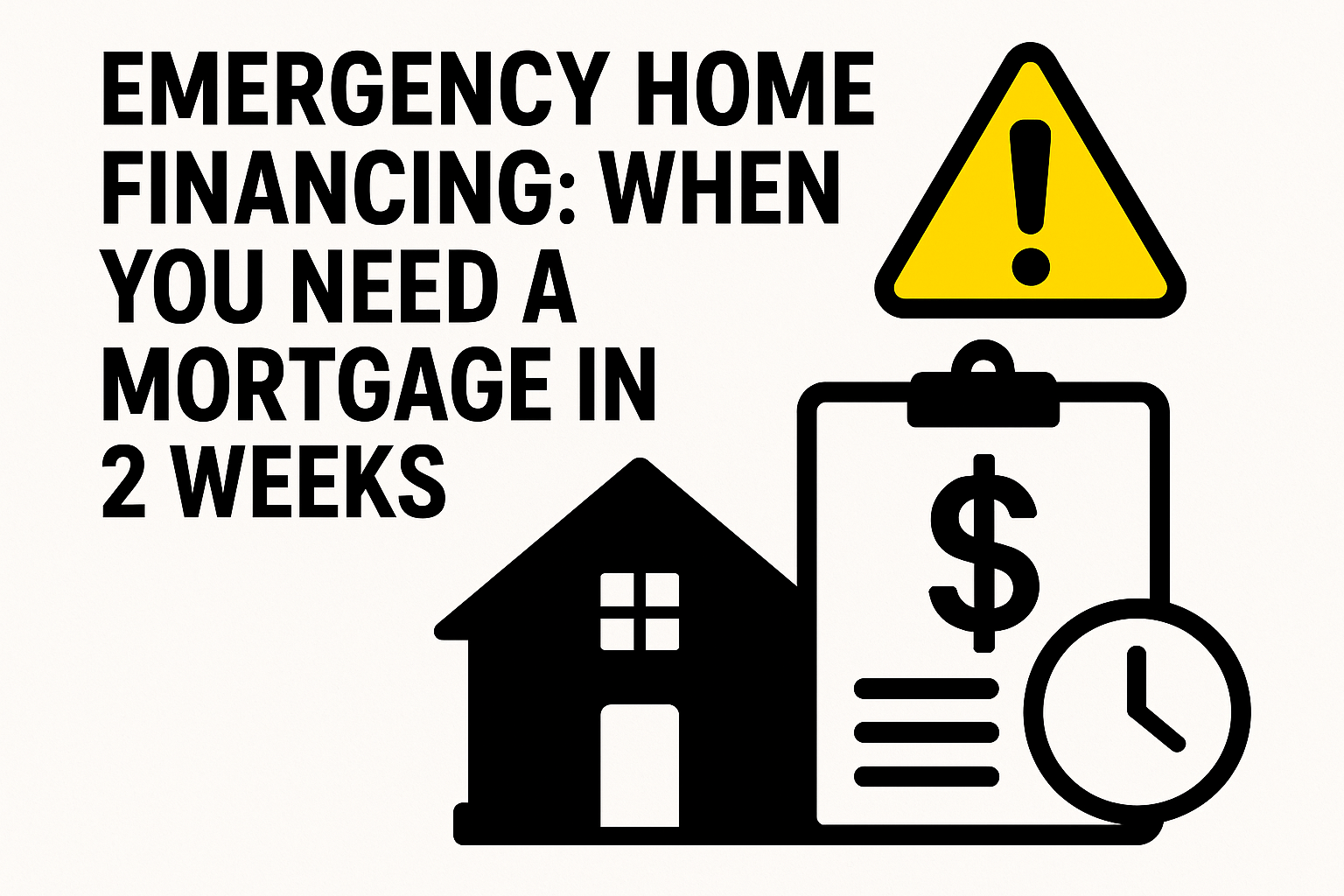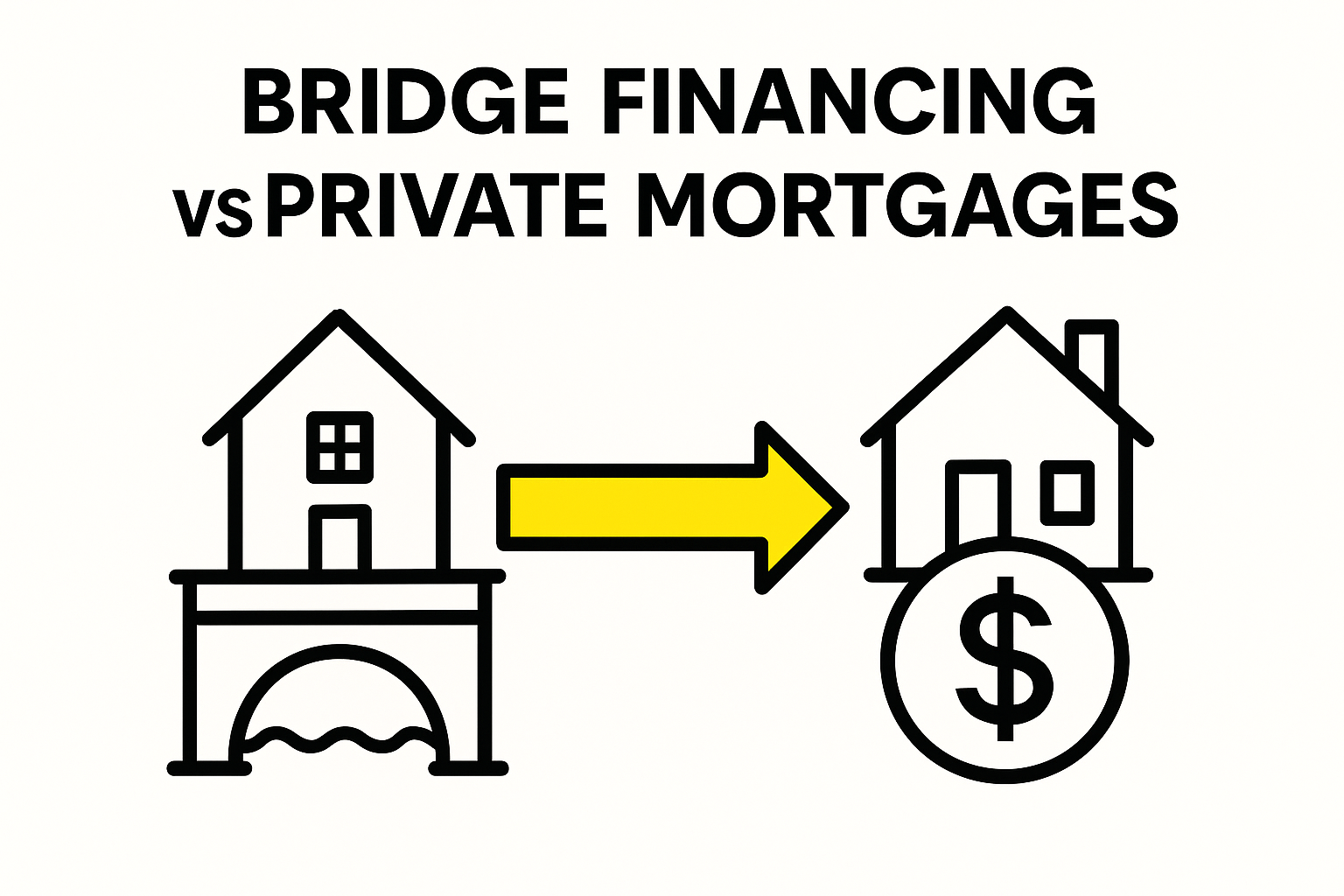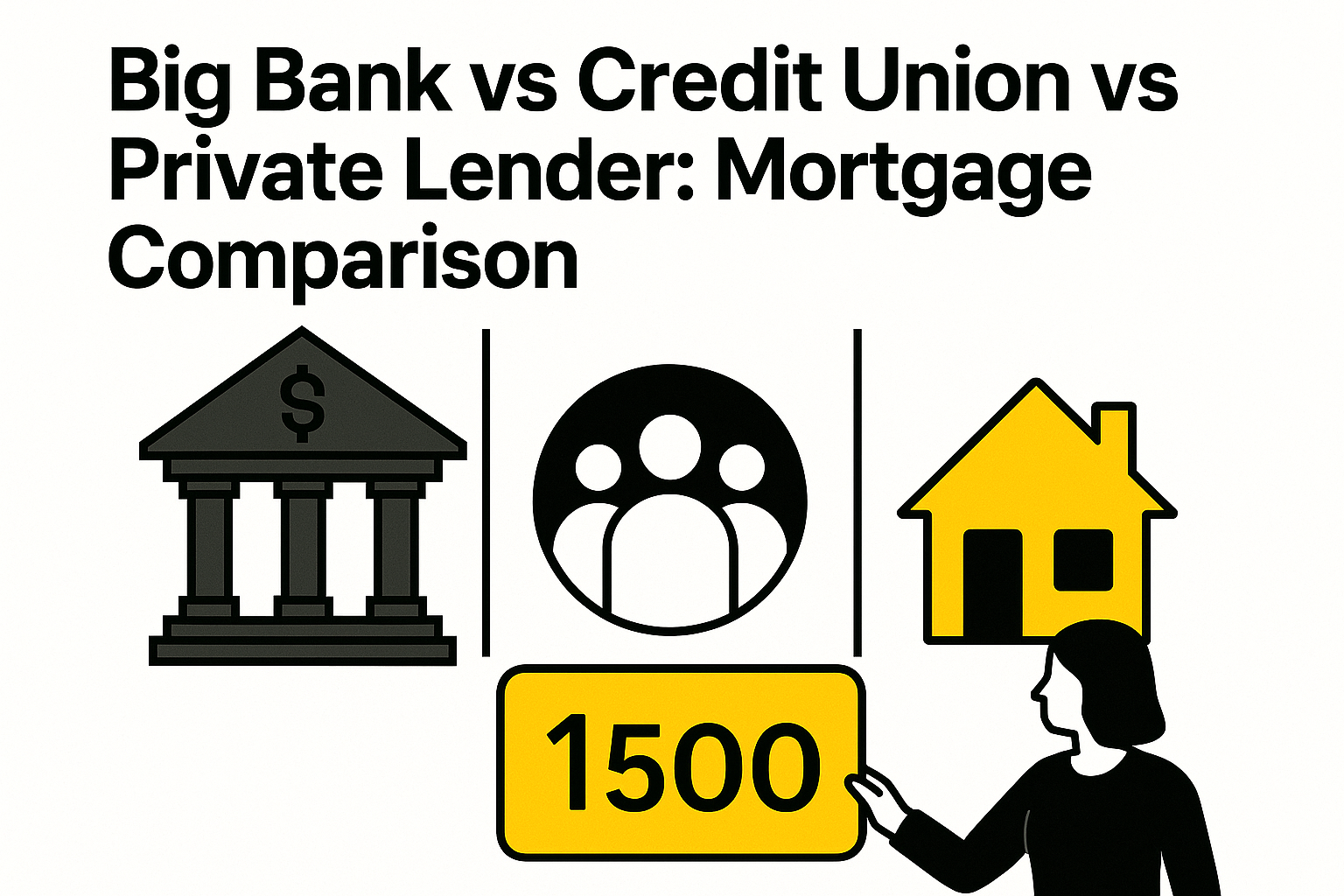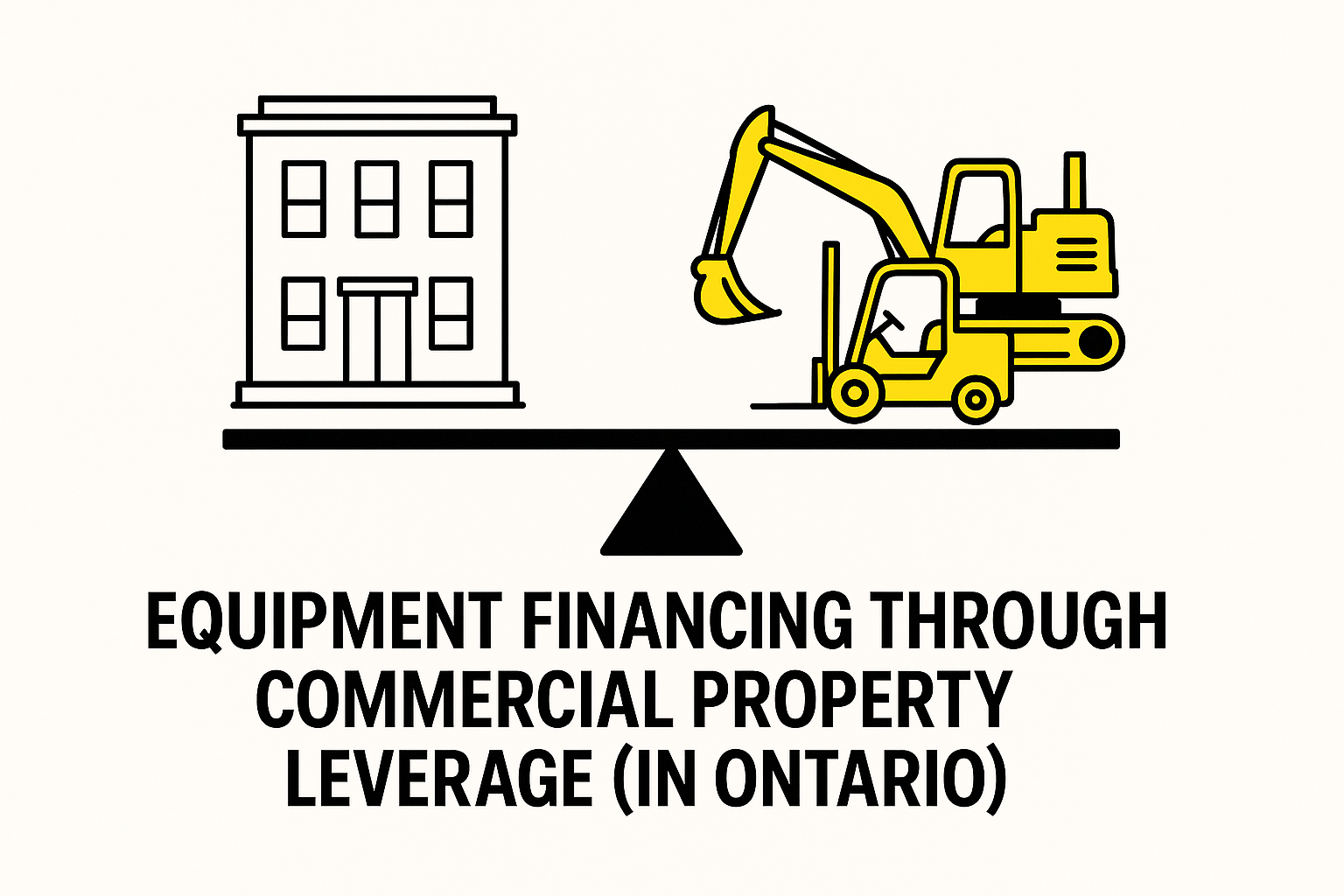Picture Jennifer Liu frantically refreshing her email at 11:47 PM on a Thursday, waiting for TD Bank’s final mortgage approval on a $850,000 Mississauga townhouse she’d been trying to close for seven weeks. The seller’s patience had evaporated three deadline extensions ago, and her real estate agent was preparing withdrawal papers for the next morning. Meanwhile, her neighbor Amy Chen had viewed, offered, and closed on a similar property in the same week using a private mortgage at 9.8% – nearly 3% higher than Jennifer’s bank rate, yet Amy moved into her dream home while Jennifer faced the prospect of starting her house hunt over in a market where similar properties now cost $75,000 more than eight weeks earlier.
The obsession with securing the lowest possible mortgage rate often blinds borrowers to the total cost equation that includes opportunity costs, market timing, and deal certainty in Toronto’s fast-moving real estate environment. While traditional wisdom suggests that a 6.5% bank mortgage always beats a 9.5% private mortgage, this simplified math ignores the reality that rate advantages become meaningless when approvals take so long that perfect properties slip away, market prices increase, or competitive advantages evaporate. Sometimes the mortgage that closes quickly at a higher rate delivers better financial outcomes than the perfect rate that never materializes into actual homeownership or business opportunity.
The True Cost of “Cheap” Money
Hidden Costs of Traditional Bank Mortgages
Bank mortgages advertise low rates but hide substantial costs in application fees, appraisal requirements, legal complexities, and extended approval timelines that can derail time-sensitive opportunities.
A typical bank mortgage includes $2,500-5,000 in fees for appraisals, applications, legal reviews, and mortgage insurance that private lenders often include in their rate structure.
The biggest hidden cost is opportunity cost – missing perfect properties or business opportunities while waiting 60-90 days for bank approval in markets that move within days.
Consider that Toronto real estate prices increase approximately 0.5-1% monthly during active markets, meaning a two-month bank approval delay could cost $4,000-8,000 on an $800,000 property through price appreciation alone.
Time Value of Money in Real Estate
Every month of delayed home ownership costs money through continued rent payments, typically $2,500-4,500 monthly for comparable housing in the GTA.
Missing ideal properties often forces buyers into less desirable locations, smaller homes, or higher purchase prices that exceed the interest savings from lower bank rates.
Business opportunities have even higher opportunity costs – a restaurant location that generates $50,000 monthly profit can’t wait three months for bank approval without losing the lease to competitors.
Real estate investors understand that securing good properties at current prices often provides better returns than waiting for perfect financing while prices continue rising.
Market Timing Considerations
Toronto’s real estate market operates in cycles where perfect properties appear and disappear within days, making approval speed more valuable than rate optimization.
Spring buying seasons create competitive environments where sellers favor buyers with financing certainty over those dependent on bank approval conditions.
Interest rate environments change rapidly – the “low” bank rate you’re chasing today might increase before your 90-day approval process completes, while private rates remain more stable.
When Speed Trumps Rate: Real Scenarios
Competitive Real Estate Markets
Multiple offer situations heavily favor buyers using private mortgages with guaranteed approval timelines over bank-financed offers with mortgage conditions.
Sellers in competitive markets typically accept private mortgage offers at slightly lower prices rather than higher offers dependent on bank approval, creating immediate savings.
The ability to remove financing conditions within 5-7 days provides negotiating leverage that can reduce purchase prices by 2-5% in competitive situations.
Cash-equivalent offers using private mortgages often win against higher bank-financed offers, as sellers prioritize deal certainty over maximum price.
Business Expansion Opportunities
Commercial real estate moves even faster than residential, with prime business locations often leasing within days of market availability.
A medical practice expansion opportunity that generates $25,000 monthly additional revenue can’t wait 12 weeks for bank approval without losing patients to competitors.
Restaurant locations in high-traffic areas rarely stay available long enough for traditional bank approval processes, making private financing essential for securing premium spots.
Canada Mortgage and Housing Corporation data shows investment properties secured quickly often appreciate faster than interest rate differences over typical hold periods.
Private Mortgage Speed Advantages
Approval Timeline Comparison
Private mortgages typically approve within 5-14 days compared to 45-90 days for traditional bank mortgages, providing decisive advantages in time-sensitive situations.
The streamlined documentation requirements for private mortgages eliminate delays caused by employment verification, bank statement analysis, and committee approvals.
Private lenders make decisions based on property value and borrower equity rather than complex underwriting algorithms that create approval uncertainties.
Same-day conditional approvals are possible with private mortgages when borrowers have complete documentation and properties meet lender criteria.
Documentation Simplicity
Private mortgage applications require basic income verification, property details, and down payment confirmation rather than exhaustive financial documentation.
Self-employed borrowers avoid the complex tax return analysis and business financial statement requirements that delay bank approvals for months.
Recent credit issues don’t automatically disqualify private mortgage applications, whereas banks often reject applications based on algorithmic credit scoring without human evaluation.
Property condition issues that stall bank approvals rarely affect private mortgage decisions when adequate equity and exit strategies exist.
Decision-Making Authority
Private lenders often have direct decision-making authority, eliminating committee reviews and management approvals that extend bank timelines indefinitely.
Local private lenders understand regional property markets better than national bank underwriters, making property value decisions faster and more accurately.
Relationship-based lending allows private mortgage brokers to advocate for borrowers during the approval process rather than navigating faceless bank bureaucracies.
Speed vs Rate Calculation Framework
Break-Even Analysis for Rate Premiums
A 3% rate premium on a $500,000 mortgage costs approximately $12,500 annually, while missing property opportunities often costs more through higher purchase prices or inferior locations.
Monthly carrying cost differences need comparison against opportunity costs, market appreciation, and alternative housing expenses during extended approval periods.
Business financing decisions should factor revenue generation potential against financing costs, often making higher-rate private mortgages more profitable than delayed bank approvals.
The break-even period for rate premiums often occurs within 12-24 months when factoring in market appreciation and opportunity utilization.
Market Timing Calculations
| Scenario | Bank Rate Savings | Speed Advantage Value | Net Benefit |
| Home Purchase (Competitive) | $2,000/year | $15,000 price reduction | +$13,000 |
| Investment Property | $3,500/year | $25,000 appreciation | +$21,500 |
| Business Expansion | $5,000/year | $40,000 revenue gain | +$35,000 |
| Commercial Purchase | $8,000/year | $50,000 lease savings | +$42,000 |
Note: Calculations assume typical GTA market conditions and standard financing amounts.
Geographic Considerations in the GTA
Downtown Toronto Speed Premium
Downtown Toronto’s ultra-competitive market makes approval speed essential, as properties often receive multiple offers within hours of listing.
Condo markets in areas like Liberty Village and Cityplace move so quickly that bank approval timelines eliminate most purchase opportunities.
Commercial spaces in prime downtown locations command such high demand that traditional financing timelines rarely accommodate seller expectations.
The speed premium becomes most valuable in Toronto’s core markets where property scarcity and competition create time-sensitive opportunities.
Suburban Market Dynamics
Mississauga, Brampton, and Vaughan markets provide slightly more time for decision-making but still favor buyers who can move quickly on desirable properties.
Family-oriented neighborhoods experience seasonal rushes where approval speed determines access to the best school district properties.
New construction opportunities in suburban markets often require quick deposits and financing commitments that favor private mortgage approval speeds.
Industry-Specific Speed Requirements
Healthcare and Professional Services
Medical and dental practices expanding into new locations can’t afford long approval delays that risk losing ideal professional spaces to competitors.
Healthcare professionals often have complex income structures that private lenders understand better than traditional banks, enabling faster approvals.
The revenue potential from expanded practice capacity typically justifies higher financing costs when weighed against delayed opening timelines.
Professional space in medical buildings or near hospitals becomes available infrequently, making immediate financing capability essential for growth opportunities.
Restaurant and Hospitality Financing
Restaurant locations with established customer traffic patterns rarely stay available long enough for traditional bank approval processes.
Liquor license transfers and lease negotiations often have tight timelines that require committed financing within days rather than months.
Seasonal businesses need financing aligned with their operating schedules, making private mortgage flexibility more valuable than marginally lower bank rates.
The hospitality industry’s cash-based revenue streams align better with private lender evaluation criteria than traditional bank underwriting models.
Real Success Stories from the GTA
Consider Michael Park’s situation: he found the perfect medical office space in North York that would double his practice capacity. The landlord needed a decision within one week, but his bank needed six weeks for commercial mortgage approval.
A private mortgage at 10.5% enabled Michael to secure the space immediately, and the increased patient volume generated an additional $8,000 monthly – far exceeding the higher financing costs.
Within 18 months, Michael refinanced to a traditional bank mortgage, having established the practice income and credit history that qualified him for prime rates.
Investment Property Success
Sarah Chen used private financing at 11% to purchase a duplex in Hamilton that was priced $40,000 below market due to the seller’s urgent timeline.
The immediate rental income of $3,200 monthly covered the higher mortgage payments while she renovated and stabilized the property.
After completing renovations, the property appraised for $85,000 more than her purchase price, validating the speed-over-rate decision despite higher initial financing costs.
Common Speed vs Rate Mistakes
The biggest mistake is assuming lower rates always provide better financial outcomes without calculating total opportunity costs and market timing factors.
Critical errors include:
- Focusing only on monthly payment differences without considering opportunity costs
- Ignoring market appreciation that often exceeds rate premiums
- Underestimating business revenue potential from immediate expansion
- Missing time-sensitive opportunities while chasing marginal rate improvements
- Not factoring in bank fees and extended approval costs
- Failing to have backup private financing options when banks don’t approve on time
Another costly error is applying for bank mortgages without backup private financing options, risking deal failure when banks don’t approve within required timelines.
Frequently Asked Questions
When does private mortgage speed justify higher rates? Private mortgages typically justify higher rates in competitive markets, time-sensitive business opportunities, or situations where market appreciation exceeds the rate premium. The break-even usually occurs within 12-24 months when factoring in opportunity costs.
How much more do private mortgages typically cost? Private mortgage rates typically run 2-5% higher than bank rates, but total costs often compare favorably when factoring in opportunity costs, market timing, and deal certainty.
Can I refinance to a bank mortgage later? Yes, most borrowers successfully refinance to traditional bank mortgages within 12-24 months once they establish payment history and meet standard qualification criteria.
What documentation do private mortgages require? Private mortgages typically require basic income verification, property details, and down payment confirmation – much simpler than bank requirements for employment history, tax returns, and detailed financial statements.
How quickly can private mortgages close? Private mortgages can often close within 7-14 days with complete documentation, compared to 45-90 days for traditional bank mortgages.
Are private mortgages riskier than bank mortgages? Private mortgages aren’t inherently riskier – they’re simply different financing tools with higher rates but faster approval and more flexible qualification criteria.
Conclusion
The speed versus rate equation in mortgage financing requires sophisticated analysis that goes beyond simple interest rate comparisons to include opportunity costs, market timing, and deal certainty factors that traditional rate-focused thinking often ignores. In Toronto’s dynamic real estate environment, the ability to act quickly on perfect opportunities frequently provides better financial outcomes than waiting months for marginally lower bank rates while ideal properties disappear and market prices continue rising. Smart borrowers understand that the best mortgage isn’t always the one with the lowest rate – it’s the one that actually closes on time and enables them to achieve their real estate and business objectives.
The most successful property investors and business owners view financing as a tool for capturing opportunities rather than an end in itself, making speed and certainty often more valuable than rate optimization in competitive markets. Private mortgages serve this strategic role by providing the approval speed and flexibility needed to secure time-sensitive opportunities that traditional bank financing simply cannot accommodate within realistic timelines. When properly evaluated using total cost analysis rather than simple rate comparisons, private mortgages frequently deliver superior financial outcomes by enabling borrowers to act decisively when perfect opportunities present themselves in Toronto’s fast-moving real estate marketplace.
Ready to explore whether speed or rate provides better value for your situation? Contact HERCULES Team Investment Group today to discuss private mortgage options that can close quickly while traditional banks are still processing applications. Our specialized knowledge of Toronto’s fast-moving markets can help you secure financing that captures opportunities rather than missing them while chasing marginal rate improvements.

